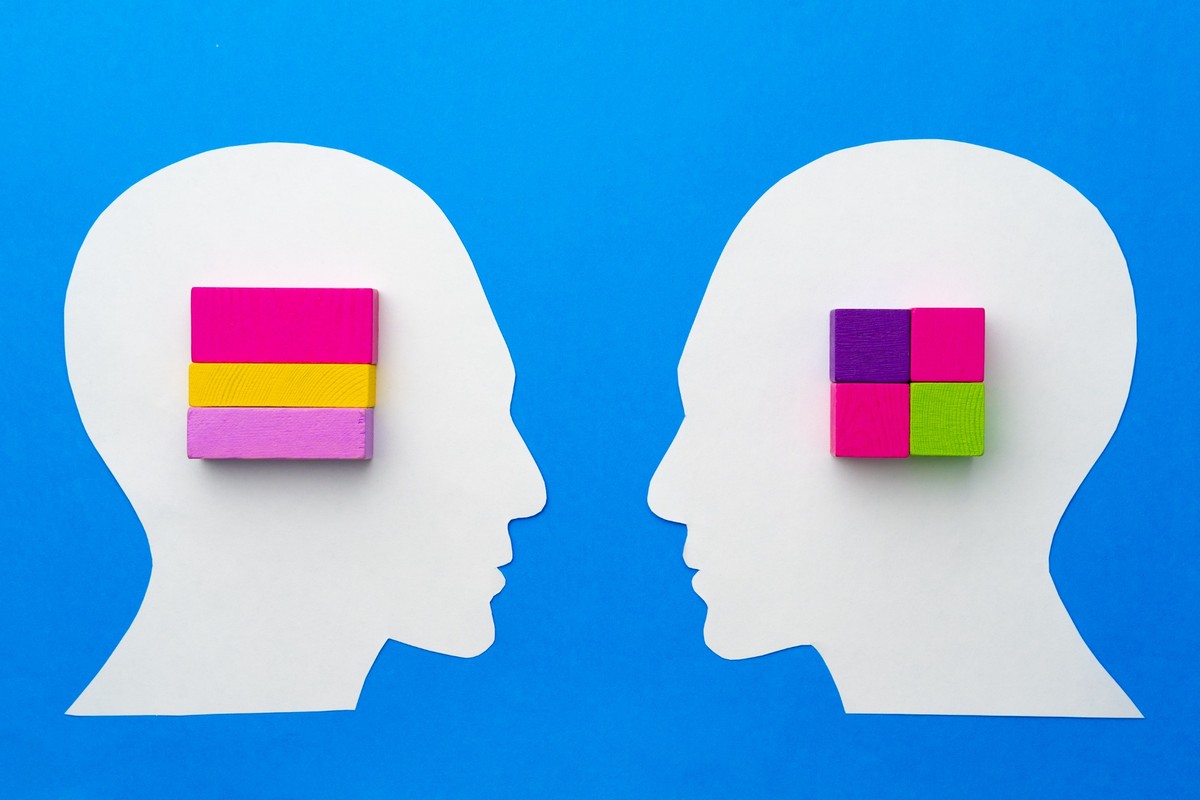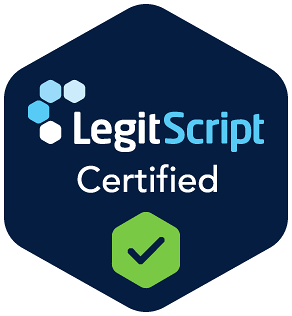.jpg)
Is Virtual IOP as Effective as In-Person? Here’s What the Research Says
Is Virtual IOP as Effective as In-Person? Here’s What the Research Says
When the world shifted to remote everything during the pandemic, behavioral health treatment quickly followed suit. Today, teletherapy and virtual intensive outpatient programs (IOPs) are not just a backup plan—they're a permanent part of the recovery landscape. But many people still ask: Is virtual IOP really as effective as in-person care?
The answer is: Yes—with the right structure and support, virtual IOP can be just as effective as in-person treatment.
At Spark Wellness, we’ve seen it firsthand. Here’s what the research shows—and how we ensure our virtual IOP clients in Pennsylvania get the same quality of care as those who walk through our doors in Yardley or Elkins Park.
What Does the Research Say?
Multiple studies now confirm that virtual behavioral health services—especially when structured like traditional IOPs—can match in-person treatment for outcomes like:
- Reduced substance use
- Lower anxiety and depression scores
- Increased treatment retention
- Improved client satisfaction
One 2022 study published in The American Journal of Psychiatry found no significant difference in recovery outcomes between virtual and in-person outpatient treatment. The key factor wasn’t where clients received care—but whether the treatment was evidence-based, consistent, and relationship-driven.
Who Thrives in Virtual IOP?
Virtual IOP may be especially helpful for:
- People in rural areas or those far from treatment centers
- Working professionals who need scheduling flexibility
- Parents or caregivers who can’t easily leave home
- Clients with transportation or mobility challenges
- Those who feel safer opening up from home
At Spark Wellness, we work closely with each client to determine whether a virtual setting will meet their clinical and personal needs.
What Makes Virtual IOP Successful?
A successful virtual IOP isn’t just a Zoom call with a therapist. It mirrors the structure of in-person care and includes:
- Scheduled group sessions (3–5 days per week)
- 1:1 individual therapy
- Family or couples counseling
- Psychoeducation and relapse prevention
- Medication management, if needed
At Spark Wellness, our virtual clients receive live, interactive support—not pre-recorded videos or self-guided modules. You’re not doing this alone.
The Spark Wellness Difference
Whether in-person or online, Spark Wellness brings the same clinical integrity to every client we serve. Our virtual IOP offers:
- Access to licensed therapists trained in trauma, CBT, and DBT
- Connection to a consistent group of peers in recovery
- Convenient, HIPAA-compliant video sessions
- Participation in our full family program and alumni network
And yes—we accept most major commercial insurance plans for virtual IOP.
Final Thoughts
The choice between virtual and in-person care isn’t about which is “better”—it’s about what works for you. With the right support system, technology, and clinical approach, virtual IOP can be a life-changing step toward recovery.
If you're in Pennsylvania and wondering whether remote care is a fit, our admissions team is here to help you explore your options—no pressure, no judgment.
Ready to learn more about virtual IOP at Spark Wellness?
Contact us today to speak with a team member.
Recovery articles for you

Anxiety vs Depression: How to Tell the Difference and Why It Matters for Treatment

When Weekly Therapy Isn’t Enough: Signs You May Need a Higher Level of Mental Health Care



